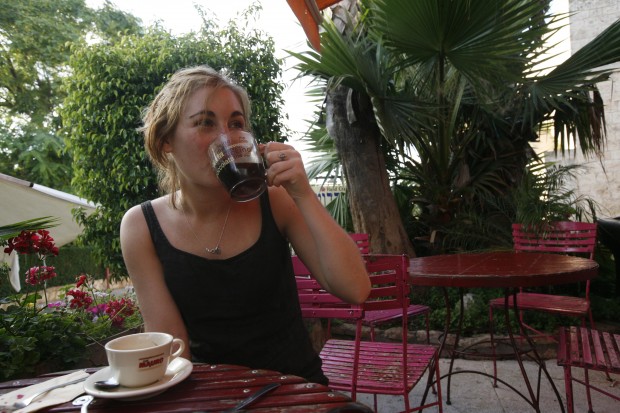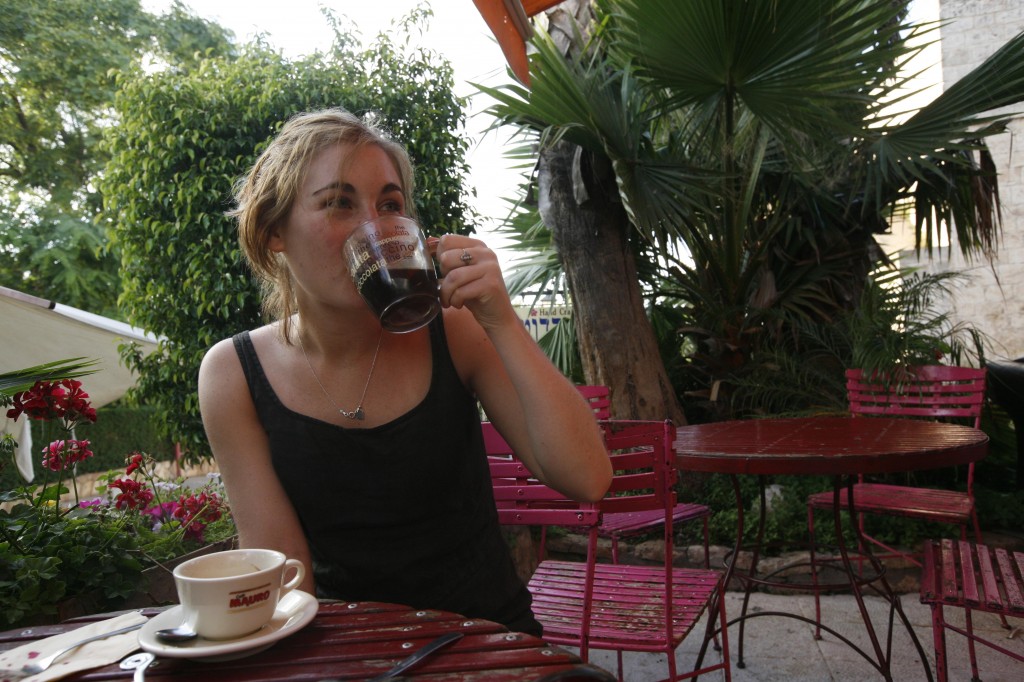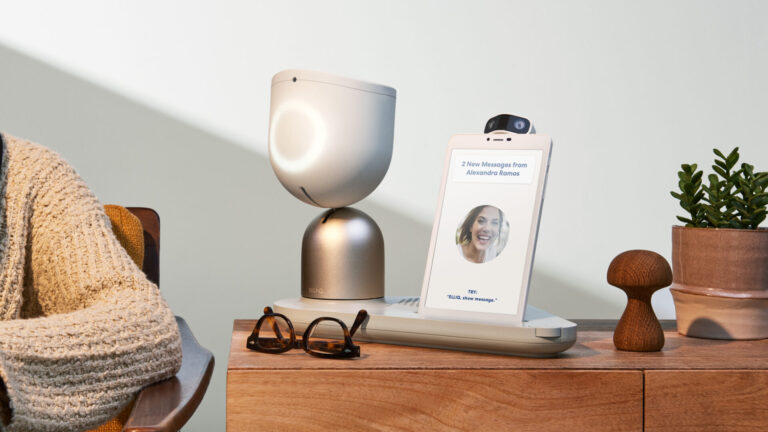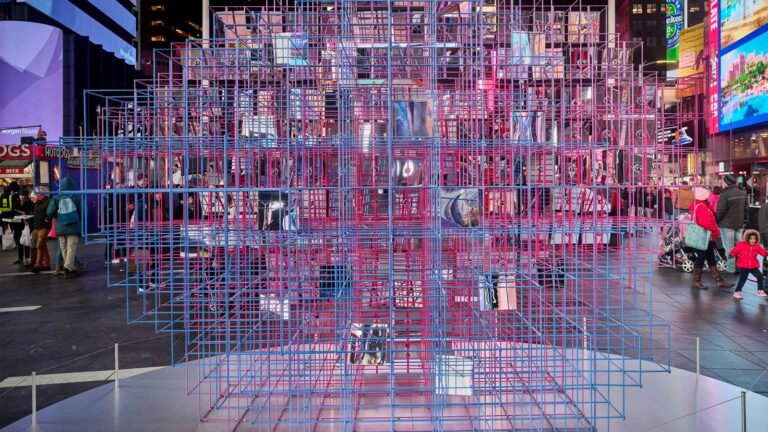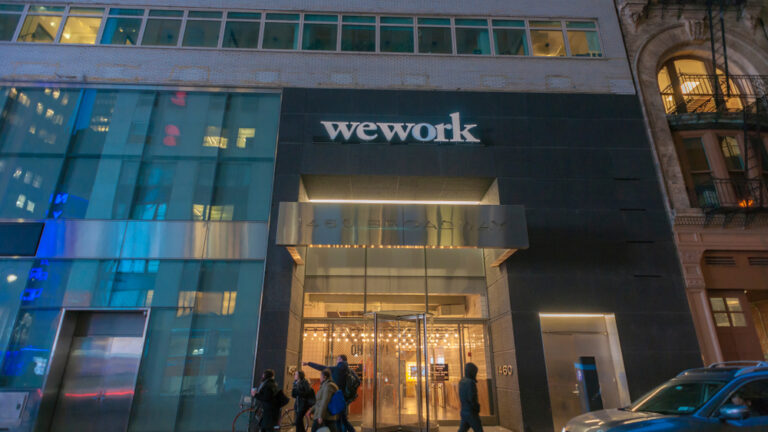When the Israeli app CUPS was launched in Tel Aviv in 2012, its founders were right to be optimistic. A subscription service that provides users with the privilege of drinking unlimited cups of coffee at selected cafés, the app became a popular fixture among Tel Aviv consumers.
Israelis aren’t the only ones who cherish their cappuccino, however, and CUPS has taken off overseas. Launched in April in New York City, it’s been beefing up the Big Apple’s independent coffee shops and small franchises — such as Beans – which haven’t been able to hold a candle to mega-chains Starbucks and Dunkin’ Donuts.
So far, CUPS is partnered with more than 50 shops in Brooklyn and downtown Manhattan, and aims to spread to midtown and other boroughs. It is also in the process of negotiating with coffee shops elsewhere in the United States.
The user-friendly app lists member coffee shops according to the user’s location – with the closest cafés at the top of the menu, and the distance to each clearly marked. When you enter one of these shops, you order your coffee and click “checkout” on the app. The server then enters a code on your smartphone.
For $45 a month, you get the “American Classic,” which includes all the percolated or filter coffee (and/or tea) you can drink – as long as you wait 30 minutes between cups. The $85 “Foreign Flair” subscription is for fancier lattes and iced drinks. It’s also possible to purchase packages of five, 10 or 20 cups for a three-month period.
According to co-founder Gilad Rotem, who moved to New York to head the company’s American staff of four, CUPS is good not only for coffee-lovers, but for coffee-shop owners as well.
“For them, it’s a marketing platform,” Rotem tells ISRAEL21c at Pushcart Coffee in the Chelsea section of Manhattan, one of the establishments that honors the CUPS app. “Bringing a customer through the door means getting business they might not have had. In addition, coffee-drinkers also tend to buy other things on the menu, and often meet friends, who also become customers.”
Another advantage, explains Rotem, is the exposure from word of mouth and social media (users can share their experience on Facebook and Twitter) that small businesses don’t have the resources to do by themselves.
Everyone wins: The consumer gets coffee at a lower price; the coffee shop gets a high volume of guaranteed business (thousands of dollars paid up front monthly), and CUPS makes a profit in the margin between the discount it receives from the coffee shops and the price paid by the users.
David vs. Goliath
The idea for CUPS was born when Rotem and four of his friends from high school — Alon Ezer, Ron Givoly, Michael DeRazon and Ro-E Shani – were talking about creating a startup. Though each had a full-time job in a different field, the late 20-somethings (now each 31) had the business bug in common.
One idea they bandied around — an Israeli version of MoviePass, a monthly subscription for unlimited movie-going – quickly morphed into a similar concept, but for coffee.
Before developing the app, the friends created a mock-up to take to cafés in Tel Aviv and try to generate interest.
When they had eight small establishments on board, they developed and launched the product, peddling it across the city. The ensuing buzz was not only from the quantities of caffeine being consumed, but from the media attention that CUPS received. Within eight months, the founders had quit their day jobs to focus exclusively on their company. It was then that they set their sights on a bigger market outside of Israel.
CUPS was received equally well in New York, but Rotem’s research led him to realize that the app would have to be adjusted for the cultural and business differences between the two cities that never sleep.
“In Israel, 70-80 percent of consumers drink small cappuccinos. Because of that, it was easy to create an average price and a uniform subscription [now NIS 280 per month],” he explains.
“In New York, on the other hand, 50% of consumers drink regular American coffee, and 50% drink the more expensive cappuccinos and lattes. The problem with that is that the cheap ones are $2 and the expensive ones are $4. So you can’t have one subscription for both.”
Another difference he discovered is that New Yorkers love talking about “empowering independent coffee shops to compete against the giant Starbucks. It was like a David vs. Goliath situation, and we were happy to ride that wave.”




